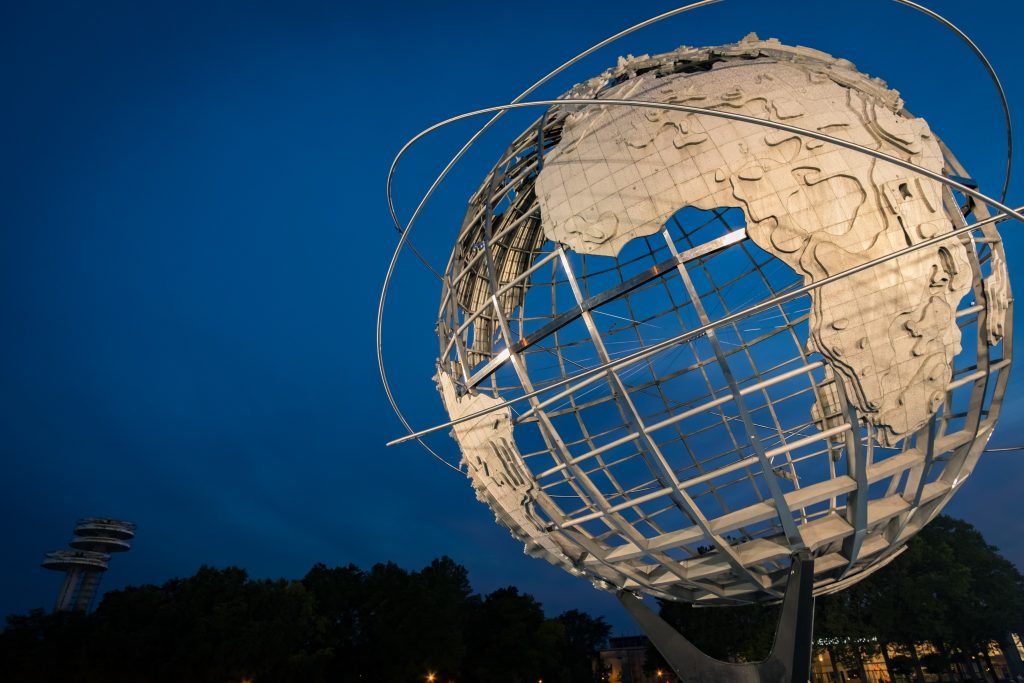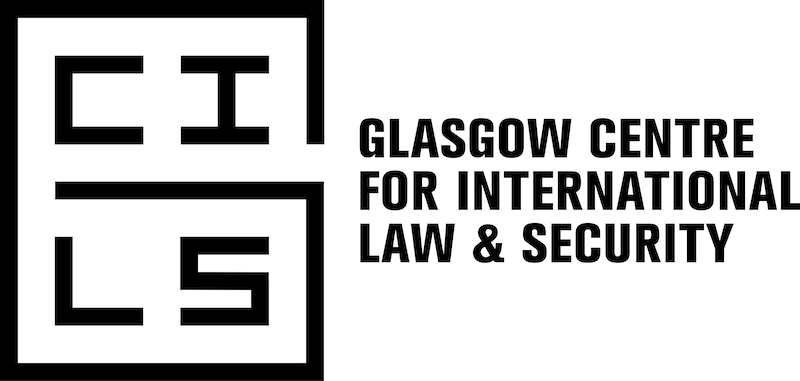Global Security is one of the major themes of international law in the 21st century. While traditional security concerns such as armed conflict and the risk of nuclear confrontation continue to present challenges for international law, the ‘security dimension’ of various other challenges is increasingly appreciated. Issues such as social inequality, climate change, displacement and pandemics are now often viewed through the security lens, making the contemporary global security order look more complex than ever before. At the same time, the ‘securitization’ of ever broader fields of international relations is met with scepticism and concern.

Both the sources and consequences of the challenges facing the global security order have become ever more interdependent. As UN Secretary General Antonio Guterres pointed out at his speech delivered to the World Economic Forum in Davos in 2019:
“[…] we are in a world in which global challenges are more and more integrated, and the responses are more and more fragmented, and if this is not reversed, it’s a recipe for disaster.” There is a widespread sense that global security policies and institutions are failing to create sustainable security conditions and are increasingly unable to keep pace with the changing global security environment in the 21st century.

Against this backdrop, the Glasgow ESIL Research Forum will seek to explore (i) the role(s) and function(s) of international law in maintaining and promoting global security in a volatile global security environment; and (ii) the transformative effects and practical manifestations of contemporary global security dynamics on international law. This will include inquiries into trends that are shaping the global security order such as the transnationalisation of security, global power transitions and dysfunctional power relations, as well as the challenges resulting from technological innovation, growing social inequality and climate change.
Through a mix of invited keynote speaker and a call for papers we hope to be able to bring together a wide range of different approaches to global security law. Above all, we are hoping to attract new and different thinking about the recalibration of contemporary approaches to global security law.



